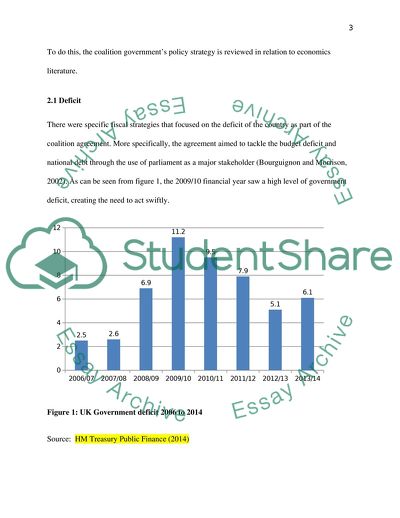Cite this document
(Fiscal Policy Essay Example | Topics and Well Written Essays - 1750 words - 2, n.d.)
Fiscal Policy Essay Example | Topics and Well Written Essays - 1750 words - 2. https://studentshare.org/macro-microeconomics/1868777-fiscal-policy
Fiscal Policy Essay Example | Topics and Well Written Essays - 1750 words - 2. https://studentshare.org/macro-microeconomics/1868777-fiscal-policy
(Fiscal Policy Essay Example | Topics and Well Written Essays - 1750 Words - 2)
Fiscal Policy Essay Example | Topics and Well Written Essays - 1750 Words - 2. https://studentshare.org/macro-microeconomics/1868777-fiscal-policy.
Fiscal Policy Essay Example | Topics and Well Written Essays - 1750 Words - 2. https://studentshare.org/macro-microeconomics/1868777-fiscal-policy.
“Fiscal Policy Essay Example | Topics and Well Written Essays - 1750 Words - 2”. https://studentshare.org/macro-microeconomics/1868777-fiscal-policy.


